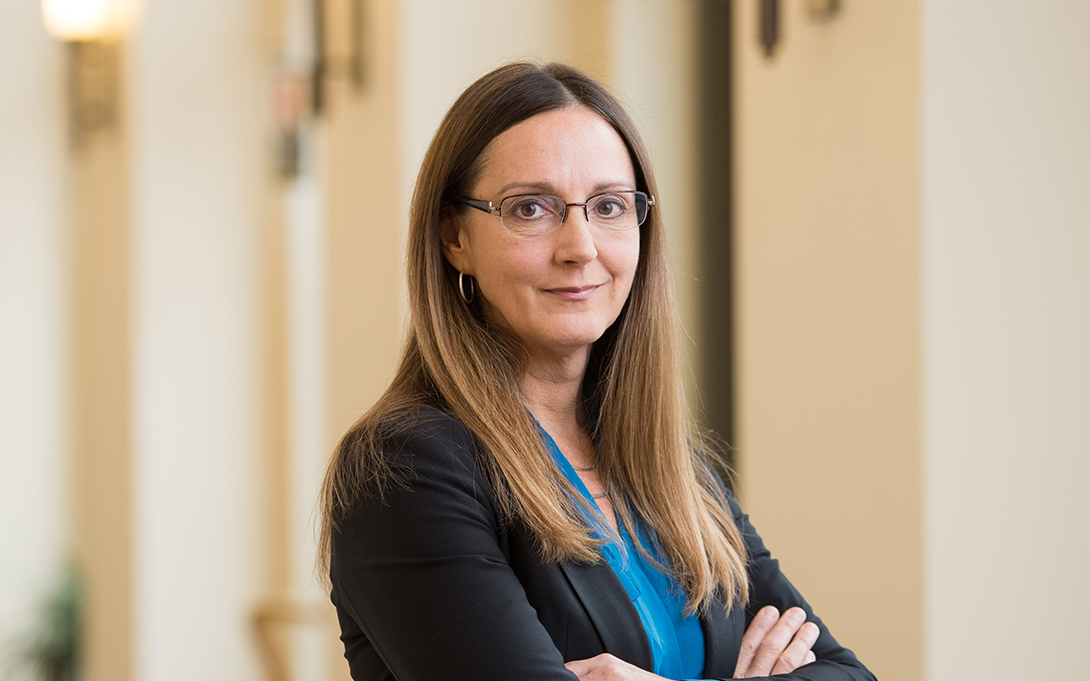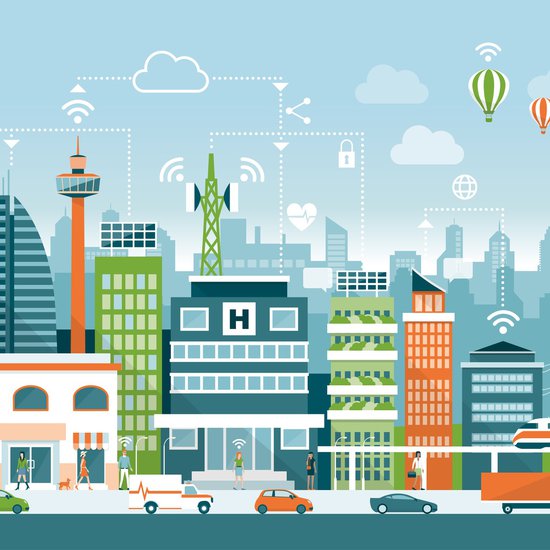
The Future of Automation, Electrification, and Transportation Through a Multidisciplinary Lens
The open online course ‘People, Technology, and the Future of Mobility’ explores technology, infrastructure, equity, and how mobility technology could transform our world
Sean Corp, Communications Lead
Automation and electrification might feel like extremely technical and futuristic concepts to many, but these technologies not only exist today, they have the potential to radically remake how both people and goods are transported around the world. That potential impact is why Elisabeth Gerber of the University of Michigan’s Ford School wanted to create an open online course that could help everyone understand not just the technology but the policy, infrastructure, and equity questions that come along with it.
"These technologies can potentially have great, positive impacts on our society. But grasping the technology alone is not enough. We must understand the societal impacts on our workforce and our communities. We must consider the legal, safety, and privacy issues."
Gerber developed the course “People, Technology and the Future of Mobility” to help policymakers, technologists, advocates, government officials, and the broader public understand all aspects of the future of mobility and the technology’s rapidly changing landscape.
“I wanted to create a course that could bring people together and help everyone learn both about the technologies involved, and also about the social implications and what we might be facing in the future. The goal was to create something that helped people understand diverse points of view and, ultimately, help them make more informed decisions whether they are an engineer or a city planner,” said Gerber, the Jack L. Walker Jr. Collegiate Professor of Public Policy.
The course brings together nearly two dozen experts in various fields to discuss the future of mobility technology and related issues through the lens of equity, sustainability, safety, and privacy.
"We're all talking about the same technology, but we all see it from different viewpoints," Gerber said. "Developing the course with those experts taught me so much. I am most familiar with the public policy aspects, but I learned so much about the technology and social issues. And with that better understanding, I think it makes me, and it makes others, including policymakers and government officials, better equipped to make the best policy decisions."
Gerber's education was not limited to just hearing others' points of view. The course also allowed her to tour MCity, the university's development and testing site for autonomous vehicles. She also tours a battery lab on campus, helping learners understand the chemistry, manufacturing, and testing processes.
The course also features an interactive, 360-degree experience that allows learners to explore an autonomous vehicle and related sensing technologies.
Not strictly a policy course nor an engineering course, it uses plain language to explore the realities of policy and technology of electrification and automation.
Issues raised in the course include climate impact, social trust in automation, infrastructure limitations, liability issues around safety, and the societal implications of transitioning from gas to electric vehicles.
"There are technologists out there who care about the social implications of their work. They will greatly benefit from this course because we engage in those issues. There are also people in the social and government sectors who are currently making decisions around implementing and deploying this technology, and understanding the technology helps them in their decision-making," she said.
"If I’m a city planner, I must better understand how people interact with electric vehicles. I need to understand the challenges low-resource communities face in transitioning to EVs. If only rich people with private garages who can afford Teslas can transition to electric vehicles, we are not only leaving people behind, but we will not meet our climate goals as a country."
Similarly, Gerber said, the course appeals to engineers who work at automakers because it directly addresses the implications of the advancements of these technologies.
"If I'm an automotive engineer, the programming decisions I make directly affect safety. It is good for me to hear other perspectives on safety concerns, privacy concerns, data security, and community impact."
The course is now available on Michigan Online. Learn more about the course by visiting the course page at: https://online.umich.edu/courses/people-technology-and-the-future-of-mobility/

